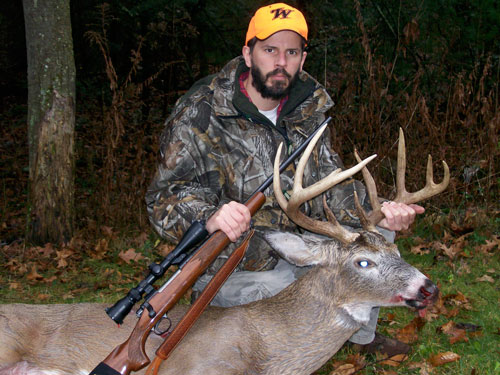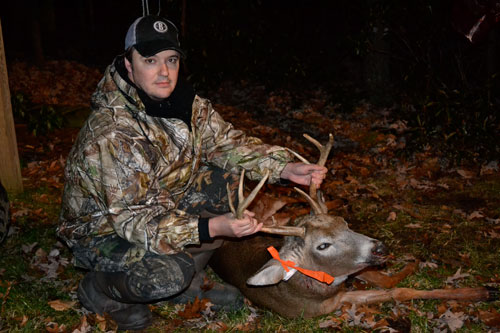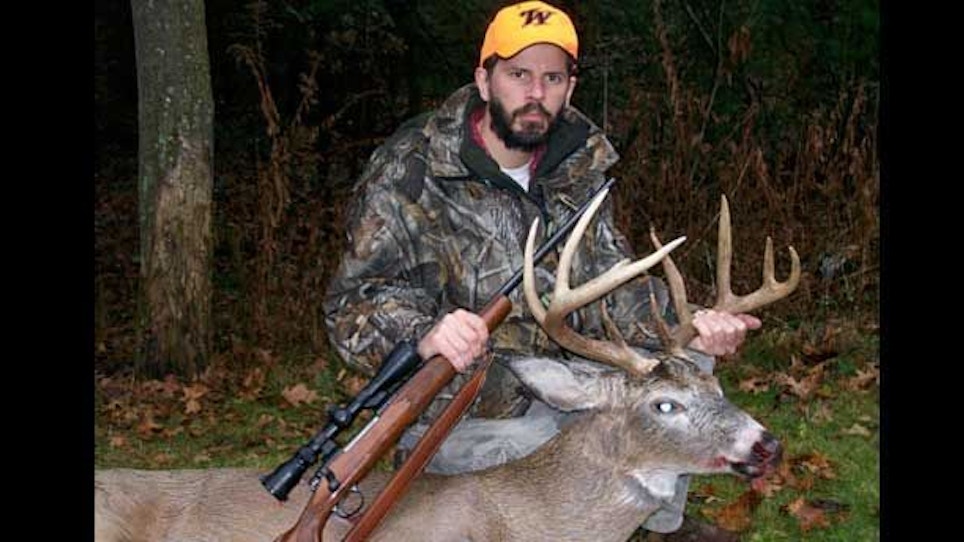 A seventh-grade girl recently sent me a short question for a school project: Is hunting necessary for survival today?
A seventh-grade girl recently sent me a short question for a school project: Is hunting necessary for survival today?
I’m thankful for this question, because there’s never been a more important time when it comes to educating the next generation about hunting and how it is essential to survival on many levels. What follows is my response to her question.
Taking a global view, you will see that many people across the world require hunting for survival. Much like the Native American people here in the United States harvested wildlife to survive in the past centuries, there are many cultures today on every continent and island nations that could not exist without the use of wild game and fish. Consider the native people in Alaska, who still use everything from salmon to caribou to make it through the long winters. I’ve personally witnessed the Mayan people in southern Mexico using subsistence hunting to provide for their families, using animal products in everything from their corn tortillas to their clothes.
Our reliance on animals doesn’t stop with food. Domestic animal bi-products are also used in the manufacture of myriad products that are part of our daily lives, including toothpaste, fabric softeners, shampoos, plastics, tires, biofuels, sugar, Jell-O, mayonnaise and glue. Removing animal products from your daily life is practically impossible.
Due to recent advances in technology, some people can employ a vegetarian lifestyle if they have the proper resources. However, most people in the world do not have this option for food, and practically nobody could exist without animal products touching their daily life.
When it comes to consumption, much of the world’s population can — and does — get their necessary meat through domestic livestock purchases at the grocery store or local market.
However, then you have to ask yourself: Do you want to be a passive bystander or an active participant in your life? For hunters, we choose to be involved in the process. Non-hunters opt to sit by and allow others to provide them their fried chicken, hamburger or steak, all neatly delivered to their table. No blood. No effort. No thought.
Hunters, however, do not wish to go against our natural tendencies as predators. As hunters we want to be involved in the harvesting of our own wild game, which is the ultimate in healthy, free-range food. There are no hormones, it’s lower in cholesterol and fat, and it is overall much healthier for you than domesticated livestock. When properly managed, hunting wild game is the ultimate example of the proper use of a renewable resource.
 Hunters also have a much closer tie to the wild game, often praying for or honoring their harvest in some fashion. We hunters have a bond with nature that few non-hunters have. It can’t be easily explained other than to say you have to be there to see the woods come alive with the first crack of sunrise. You can’t fully appreciate what you don’t see, touch and smell. It touches our soul.
Hunters also have a much closer tie to the wild game, often praying for or honoring their harvest in some fashion. We hunters have a bond with nature that few non-hunters have. It can’t be easily explained other than to say you have to be there to see the woods come alive with the first crack of sunrise. You can’t fully appreciate what you don’t see, touch and smell. It touches our soul.
Asking a human to not hunt would be like asking a wolf or grizzly bear to not do what is natural.
Because of our passion for the outdoors, hunters and anglers directly provide funding for 90 percent of the annual budget for most state wildlife agencies. This is through a self-imposed 11-percent excise tax (Wildlife and Sport Fishing Restoration Act) on firearms, archery equipment, ammunition, shooting supplies and fishing equipment and is combined with money raised through state tag and license sales for hunting and fishing. The funds are distributed to states through the Secretary of the Interior and only can be used by state wildlife agencies to purchase public land, improve essential wildlife habitat and create additional outdoor opportunities. In addition to wildlife, these opportunities also benefit hikers and birders, canoeists and campers, even though this excise tax doesn’t apply to their hiking boots, binoculars, cameras, climbing gear, tents, canoes, etc.
Without funding from hunters’ license and tag sales and the Wildlife and Sport Fishing Restoration Act, there wouldn’t be the many state forests in your area, much less the bike trails, campgrounds and other facilities. There would be no active management of the land to decrease wildfire risks or keep trails clear of brush and limbs, and there certainly wouldn’t be the multitude of deer, turkey and the many nongame species that are your constant companions on a trip through the forest.
Revenue from hunters also pays for two essential groups of people: wildlife biologists and wildlife law enforcement officers. Biologists conduct the scientific research that determines how to improve habitat, hunting seasons and the appropriate harvest limits to keep species healthy and vibrant for future generations. Wildlife law enforcement officers protect wildlife from poachers and other people who aren’t looking out for the future of wildlife.
Hunting is essential for the survival of wildlife and habitat conservation. Without hunting and hunters, the whole world of conservation as we know it today would die, along with the ability of others to enjoy the outdoors, because trails would disappear, facilities would fall into disrepair, and parks would eventually close as there wouldn’t be anyone left to manage them.
So to me and millions of other hunters, yes, hunting is essential to survival — our survival, wildlife’s survival, and survival of the outdoors as a whole.






